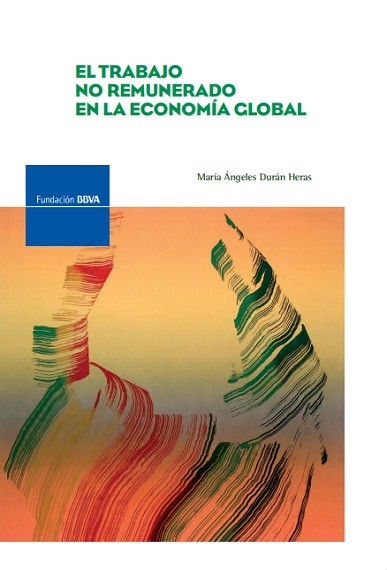
PublicationMonographs
El trabajo no remunerado en la economía global
“Work is not synonymous with employment.” This is the opening statement in María Ángeles Durán’s book Unpaid Work in the Global Economy, which provides compelling evidence that most of the hours worked worldwide comprise not formal employment governed by industrial legislation but informal or unpaid work produced and consumed within the home. Informal, underground working is on the increase; it constitutes the weak flank of systems of national accounts and is a cause of major methodological difficulties as well as political discord.
Outside the corporate sector, some two billion households worldwide produce services to secure the wellbeing of their inhabitants. Yet this vast output is not factored in GDP or other widely used macroeconomic indicators.
This book offers a novel analysis of such essential concepts as work, need, quality of life, freedom and coercion. In doing so it explores the constant interactions between paid and unpaid work, between households and state, and their internationalization via migration movements.
Caring is an economic activity of vital importance in all societies. Paradoxically, those most in need of care (children, the sick, the elderly) are those least able to acquire it on the market. Each society must choose a distribution model for its global workload, especially now that the sexual division which historically placed the care burden on women has lost both legal force and social support.
Drawing on source material from the United Nations, the author estimates the likely short-and long-term demand for care in the world’s main regions, as well as in countries of particular interest for their demographic or economic weight or their relevance to Spanish and Latin American readers.
